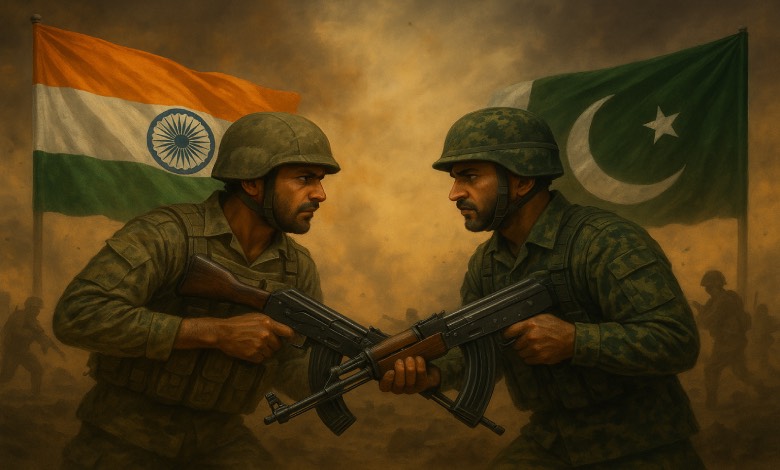
New Delhi: In a sharp diplomatic move, Pakistan on Thursday suspended the 1972 Simla Agreement, a key bilateral treaty forged in the aftermath of the 1971 Indo-Pak war. The decision comes amid rising tensions following the Pahalgam terror attack in Jammu and Kashmir, and as India continues to adopt stringent counterterrorism measures.
What is the Simla Agreement?
Signed on July 2, 1972, in Shimla, the agreement was a cornerstone of post-war peacebuilding between India and Pakistan. It was negotiated by then Indian Prime Minister Indira Gandhi and Pakistan’s President Zulfikar Ali Bhutto after Pakistan’s defeat and the creation of Bangladesh. The treaty aimed to restore peace, prevent future hostilities, and establish a framework for bilateral dispute resolution.
Core Provisions of the Simla Agreement
The pact outlined mutual commitments to:
- Uphold the principles of the UN Charter in bilateral relations.
- Resolve disputes through peaceful bilateral negotiations.
- Avoid altering the status quo unilaterally, particularly regarding territorial matters.
- Respect each other’s sovereignty, territorial integrity, and political independence.
- Refrain from force or threats against one another’s sovereignty.
Key Outcomes
Among the treaty’s lasting outcomes was the transformation of the 1971 ceasefire line into the Line of Control (LoC)in Jammu and Kashmir, which both sides agreed not to alter unilaterally. It also affirmed India’s position against international mediation, especially concerning Kashmir.
India returned more than 13,000 sq km of captured territory post-war, reinforcing its commitment to peace. Strategic locations like Turtuk and Chalunka, however, remained under Indian control. The agreement also indirectly paved the way for Pakistan’s eventual recognition of Bangladesh.
Why the Suspension Matters Now
Pakistan’s move signals a possible departure from the bilateralism enshrined in the Simla Agreement. Since India’s revocation of Article 370 in 2019, which stripped Jammu and Kashmir of its special status, Pakistan has downgraded diplomatic ties and internationalised the Kashmir issue — actions at odds with the treaty.
By suspending the agreement, Islamabad could now pursue third-party mediation, potentially involving the United Nations, China, or the Organisation of Islamic Cooperation (OIC) — a step India has consistently opposed.
Implications for the LoC
The LoC has long been a volatile zone, often witnessing ceasefire violations and infiltration attempts. With the Simla Agreement no longer in effect, the fragile peace along the de facto border may face renewed threats. As of now, India has not formally responded to Pakistan’s announcement.
What Lies Ahead?
While the immediate impact of the suspension remains uncertain, the move could escalate diplomatic tensions and fuel instability in South Asia. It also raises concerns about the future of dialogue and peace-building efforts between the nuclear-armed neighbours.




